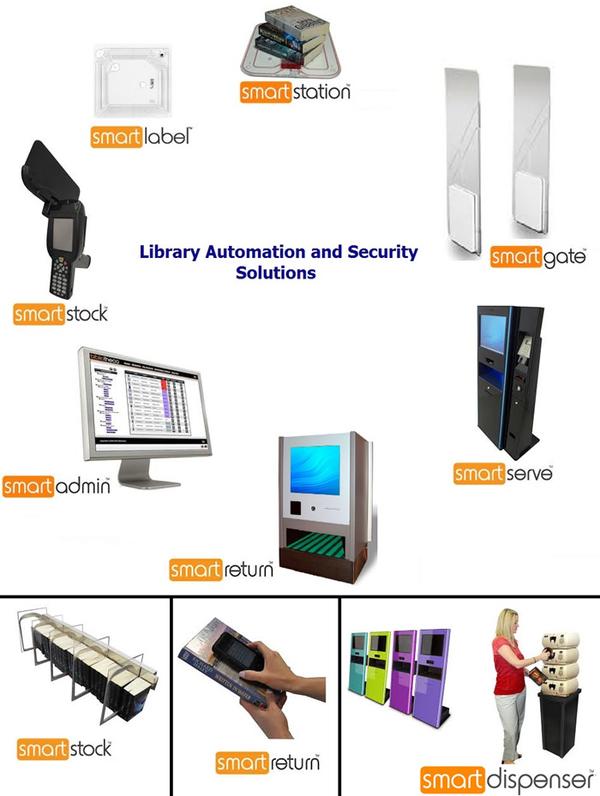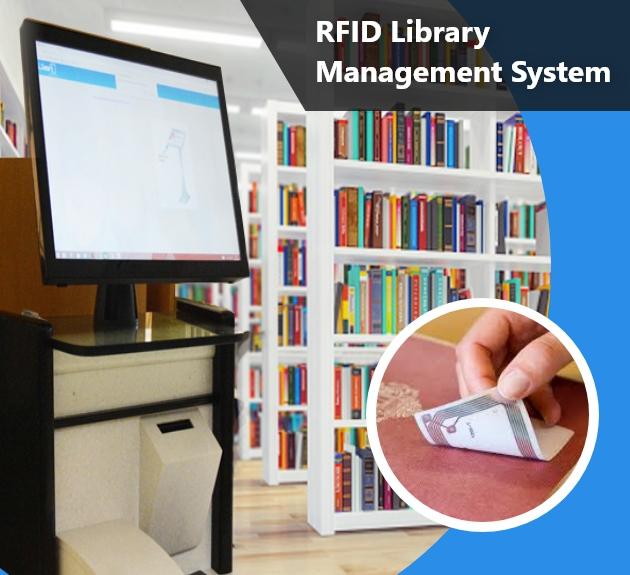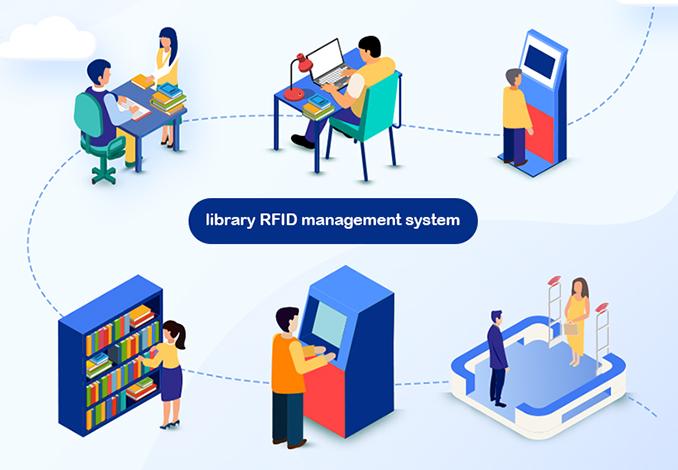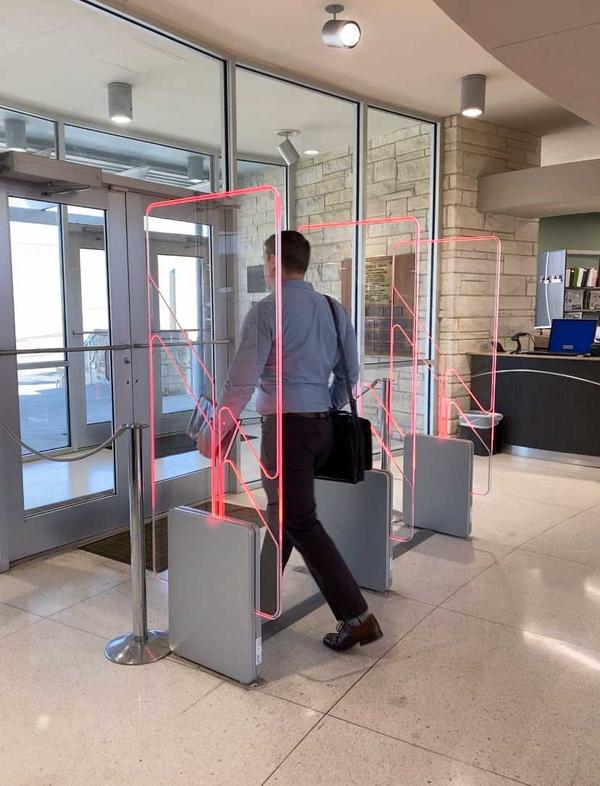RFID Library Automation Software is a specialized application designed to integrate with RFID hardware (readers, tags, gates) and manage the core functions of a modern, automated library. This software enables seamless check-in/check-out of books, real-time inventory tracking, automated shelf management, and enhanced security. It works by linking RFID-tagged items with a Library Management System (LMS), allowing for contactless circulation, self-service kiosks, gate-based theft detection, and quick stock-taking. Key Features: RFID-enabled check-in/check-out Self-service kiosk integration Real-time inventory and shelf scanning Patron and item database management Automated overdue notifications and reports Integration with existing LMS (e.g., Koha, Sierra, LibSys)
Send Message




